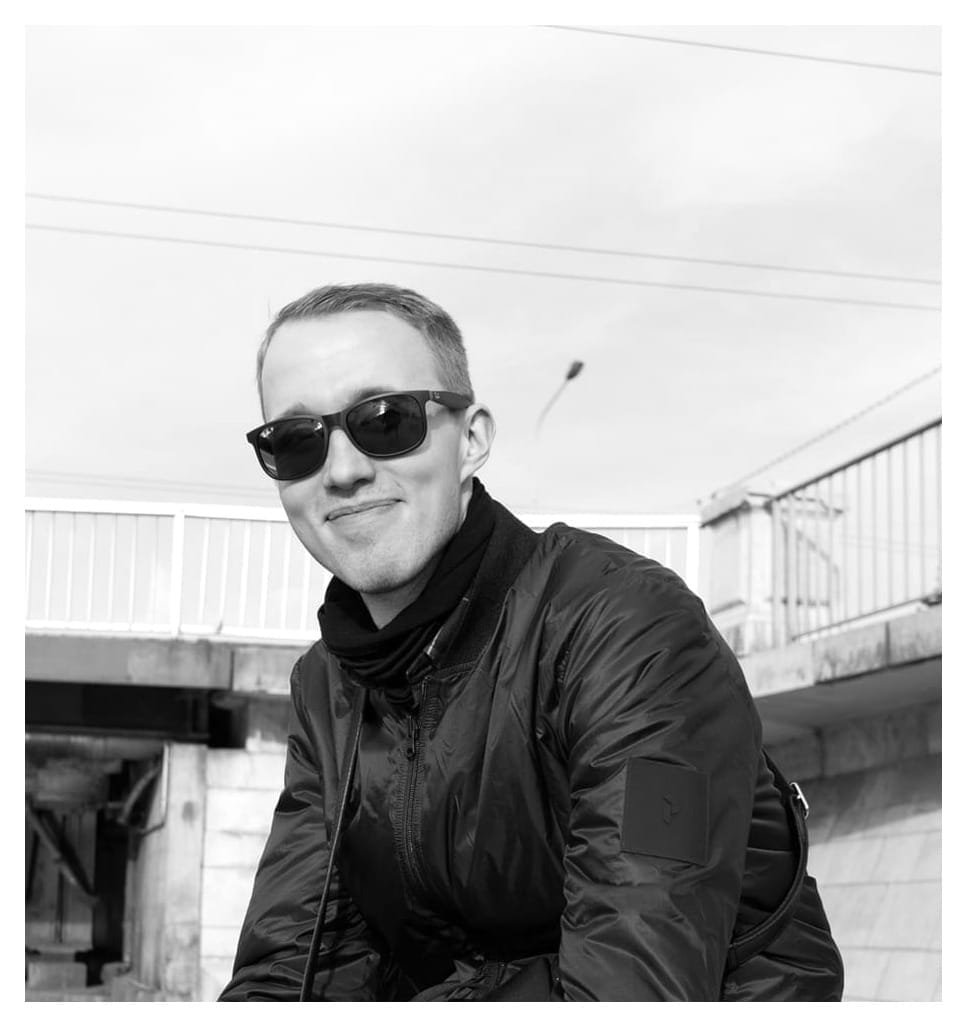In everyday work it is easy to believe that the harder we push, the more we achieve. In reality, the opposite often happens. When we only execute and chase progress, we narrow our perspective. We start acting as performers instead of creative thinkers. Over time the bigger picture and purpose become blurred, and energy goes into survival rather than creation.
Sometimes work feels like a funnel. The more we try to force things through, the tighter it closes. But when we step back, give ideas space to flow and allow time to breathe, the funnel opens and progress happens more naturally.
I experienced this myself. For years I had worked through every summer without taking a real holiday since high school. Eventually my thinking grew blurry. I was busy, but not clear. When I finally gave myself time to pause, my ideas became sharper, simpler and more meaningful. That is when I realized progress is not only about doing more, it is also about creating space for perspective.
As Donald Schön [1] described in his Reflection-In-Action model, progress is not created by simply doing more of the same. It often emerges when we pause, reflect and adapt our approach to the situation. Similarly, research on motivation by Paul Lawrence and Nitin Nohria [2] shows that people are driven by four fundamental needs: to acquire, to bond, to learn and to defend. If organizations focus only on one lever such as rewards and progression, but neglect belonging, meaning or fairness, the funnel stays narrow.
In my view, even in the era of AI nothing dramatic has really changed, despite the constant talk about boosting productivity. More often than not, we simply jump into another project or operational task and forget to think. Yet true progress depends on reflection, not just acceleration.
This becomes especially clear in service organizations. When work turns into a fight for survival, new ideas and creative solutions rarely emerge. By contrast, when people have time to think, pause and breathe, the bigger picture sharpens and ideas begin to flow. As Adam Grant [3] reminds us:
"Making progress isn't always about moving forward. Sometimes it's about bouncing back. Progress is not only reflected in the peaks you reach it - it's also visible in the valleys you cross." - Adam Grant
References
[1] Schön, D. A. (1983). The Reflective Practitioner: How Professionals Think in Action. Basic Books.
[2] Lawrence, P. R., & Nohria, N. (2002). Driven: How Human Nature Shapes Our Choices. Jossey-Bass
[3] Grant, A. (2023). Hidden Potential: The Science of Achieving Greater Things. Viking.














Discussion